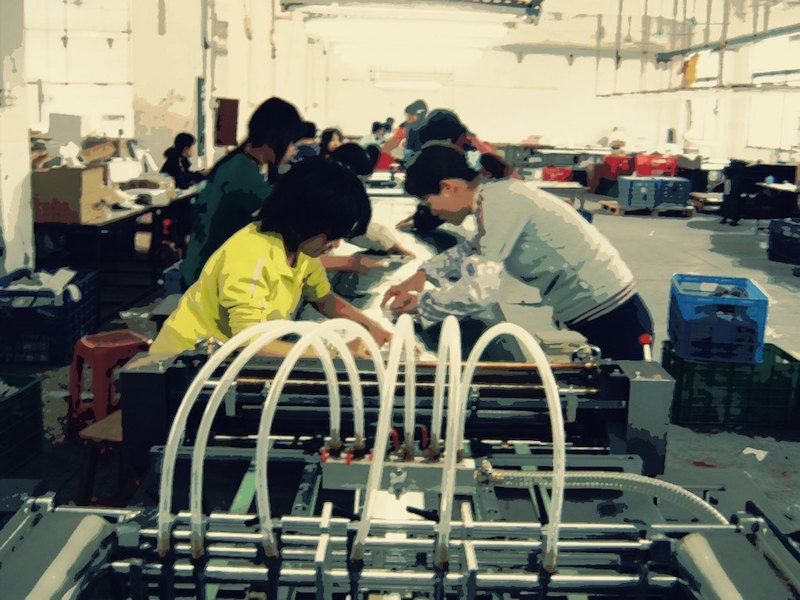You’re bringing in a container of homeware that perfectly accents a living room and makes a life statement for any customer who can afford your brand. To your offshore supplier, it’s simply stuff. It’s stuff they make, it what feeds their factory and it’s how they make their living. If they’re not making this, they would make something else. Should knowing this affect how you handle your offshore orders?
China suppliers, generally aren’t experts, aficionados, enthusiasts…whatever you want to call it, of the products they make.
This is a theme I frequently stress throughout this blog. Your suppliers generally don’t make what they make out of a love for the item. They don’t have a competitive interest in the overseas industry.
They aren’t experts on the in’s and out’s of retail nuances.
What struck me this week was this article I came across.
This article from the Telegraph is an interesting look at the mass of cheap Christmas decorations, who’s making them and their conditions.
But the point I’m stressing is that this person who seems to be the ahead of the association that makes these goods, could care less if they understand what the heck they’re making.
“What’s the point in our workers knowing anything about Christmas. It means nothing!” said Cai Qinliang, the deputy head of the Christmas Gifts Association in Yiwu.
“People are not thankful for Christmas, they can make money by making other things if there was no Christmas, Its nothing more than a holiday anyway.”
Why?
Cultural Disconnect
There’s cultural disconnect with what they are making and the items’ perception. How you view an item is different than how they view an item.
When I lived in China, I would marvel at the brooms that folks would use to sweep their house. I’m a neat freak in my home and if a floor is dusty, I want to sweep it. I couldn’t find a good broom to buy.
Brooms were the cheapest, flimsiest pieces of plastic. Sometimes they were only 2 1/2 feet tall. The mindset is, “why should a broom be good quality anyway? The only person who will sweep anyway is granny, or the maid or a low-end workers, so why should the average Zhou care about a broom?”
The richest folks in China, you can go in their home and they don’t have the normal quality stuff you may see in the West. This stems from not feeling a need for the item, not understanding the item or the cultural idea that less is better.
A respected China quality control expert, Renaud Anjoran wrote in this not too long ago.
If you purchase products from Chinese suppliers, make sure to explain how the product will be used, in what circumstances, etc. It might seem obvious to you, but not to them. Let’s say you buy boat accessories — a very small proportion of China’s population has been on a boat.
There’s a lack of curiosity in China manufacturing that prevents establishing experts
Some of this is cultural, some is modernization and some is…hell, I couldn’t tell you exactly what this comes from. But the fact is, is that folks don’t ask questions.
They care. They don’t. They’re conflicted. They don’t know how to ask questions. There’s a stigma with simply asking and the list goes on and on.
That’s why if you give your supplier the wrong detail, they’re not going to question, but going to try to go with it. Time will be wasted, they’ll proceed on incorrect information and come to you with a faulty quote / sample / product. Instead of in the beginning questioning and saying, “are you sure you want this?”, it’ll be all systems a-go and you either have to deal with bad results or start back over.
The mindset is, “this is the customer, that must be what they want. Anyway, I don’t understand this product or their country”.
In the low-cost merchandise industry, there’s few experts and little hunger for knowledge. Keep this in mind to:
But I encourage you not to give up. This will change, it just takes time and I’ve seen it change in 15 years.






China Sourcing Basics
Let me share what I've learned about China Sourcing.
Provide your email & receive free ebook: 40 Tips for Emailing China Suppliers.
I'll never spam. I'll share tips on Private Labeling, Sourcing and China Business.
You have Successfully Subscribed!